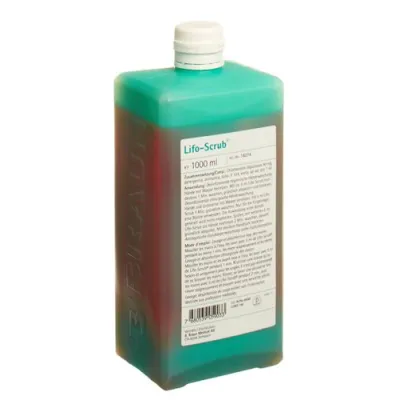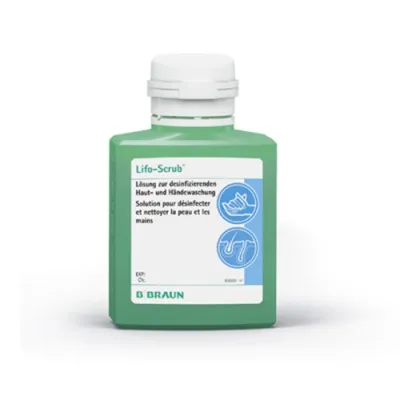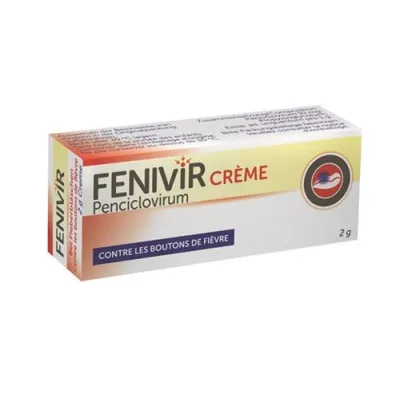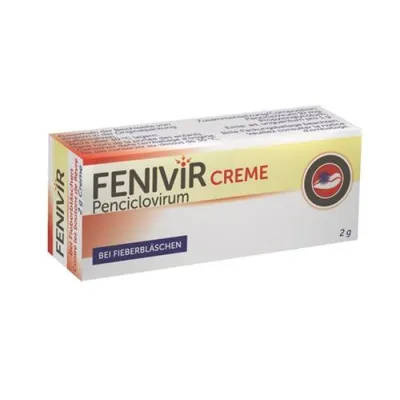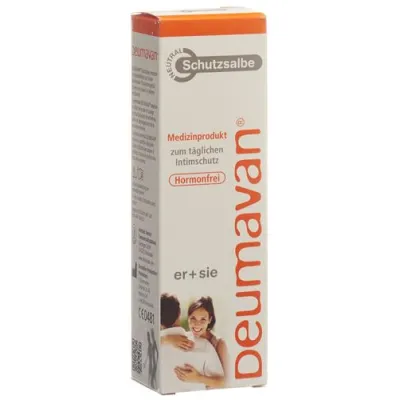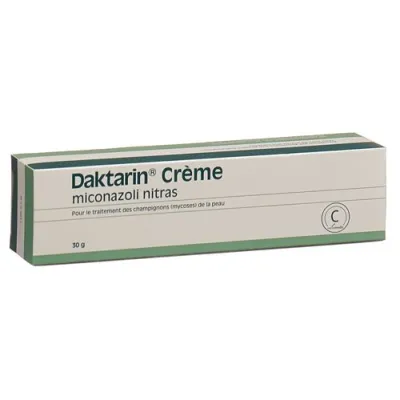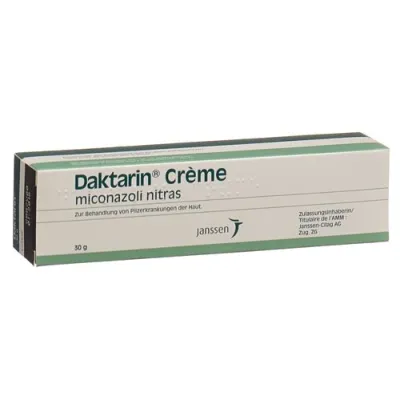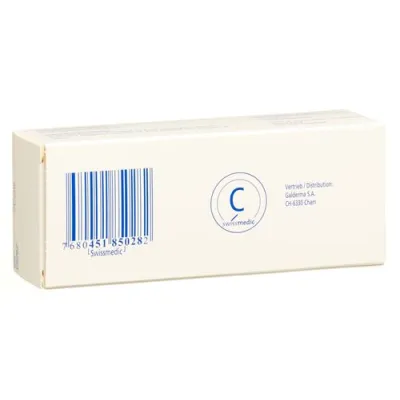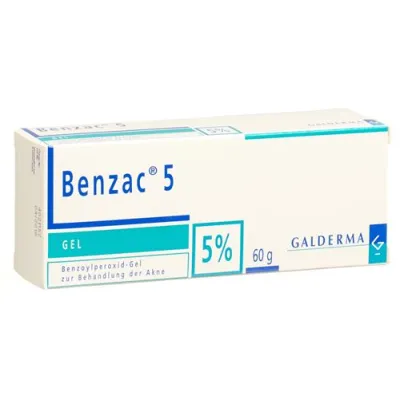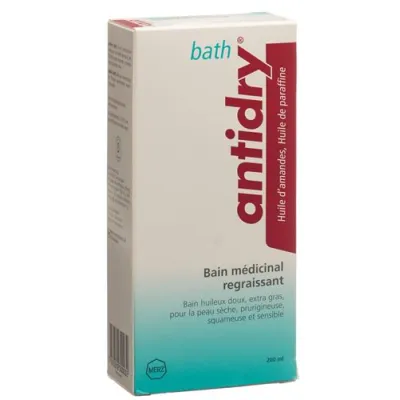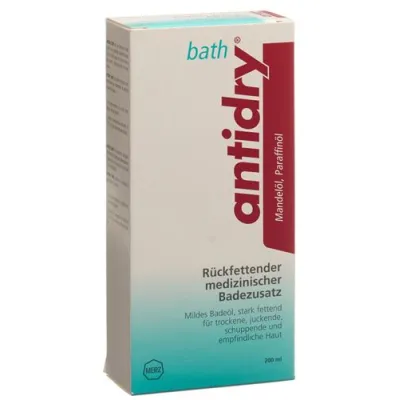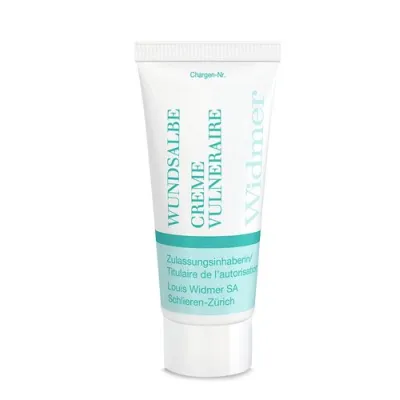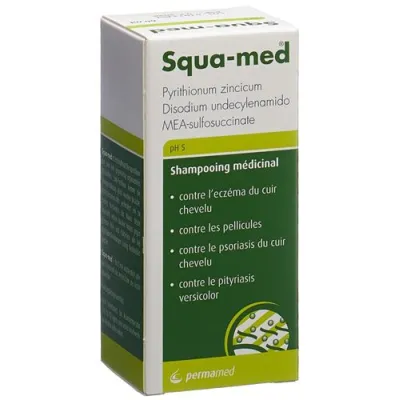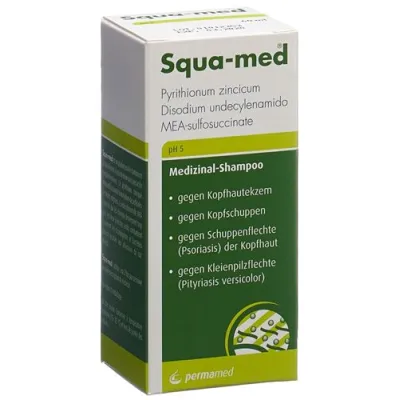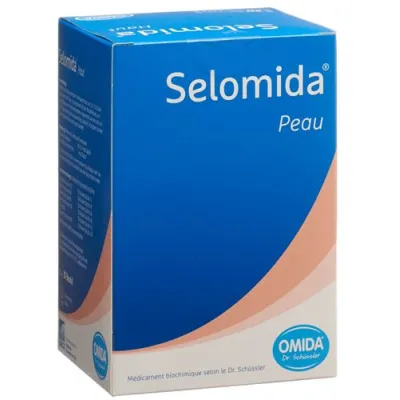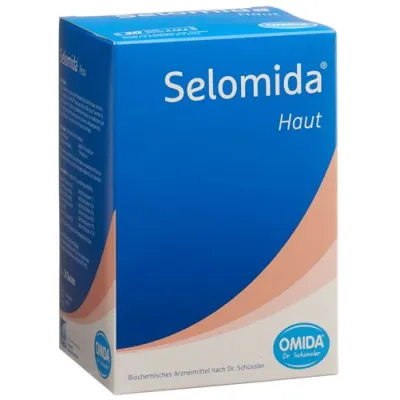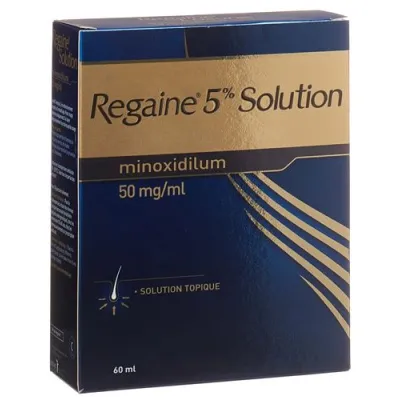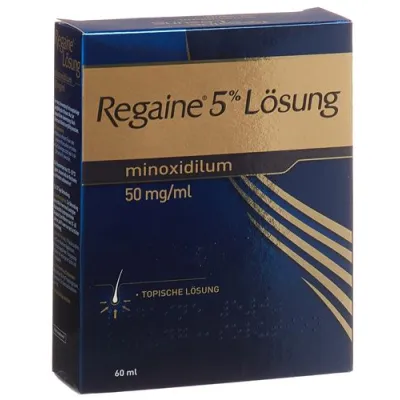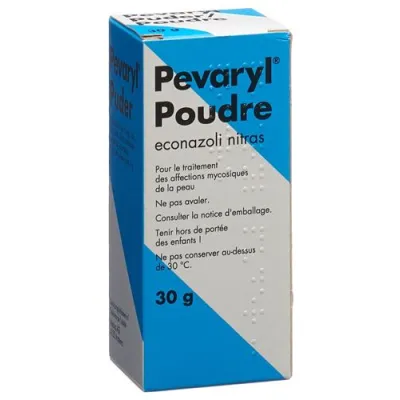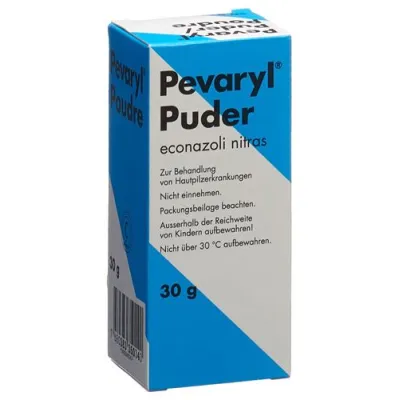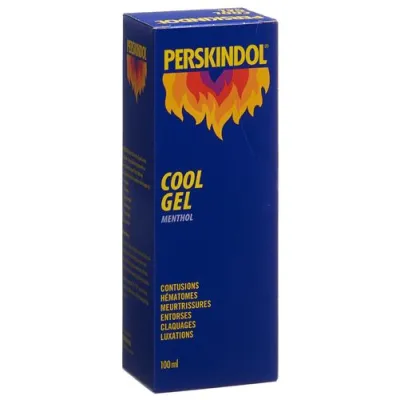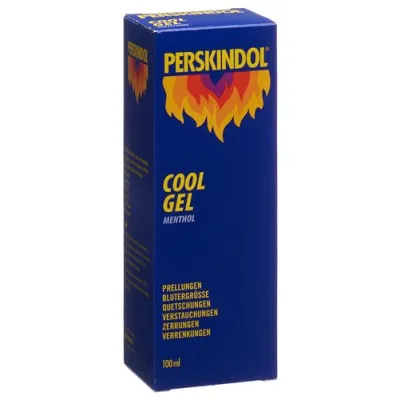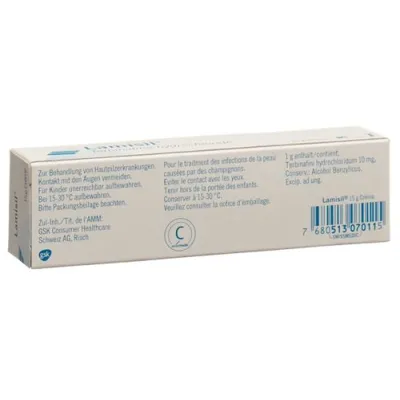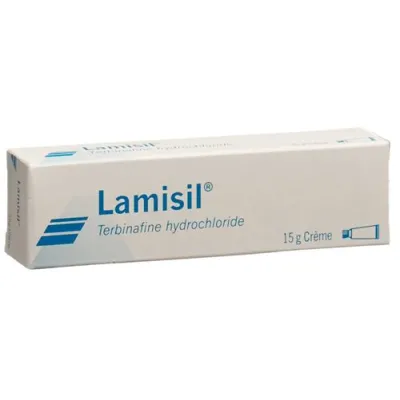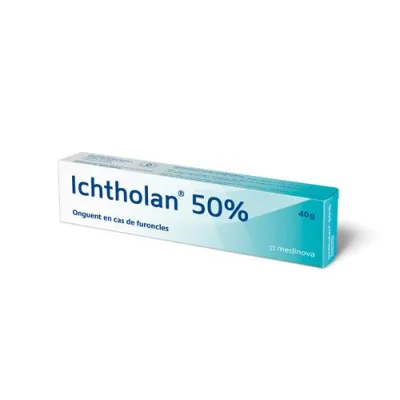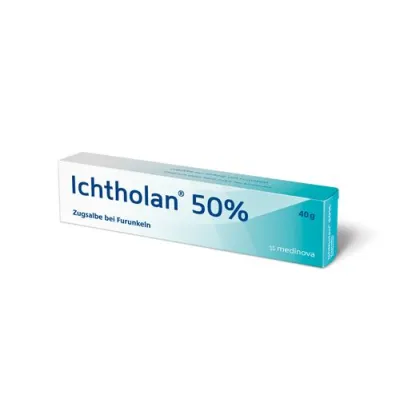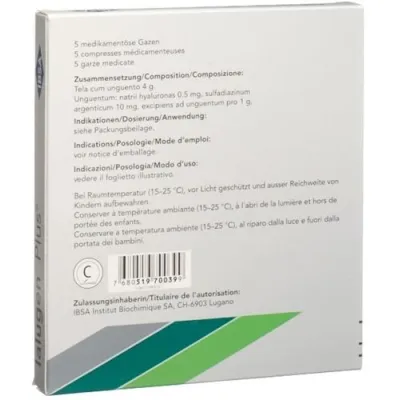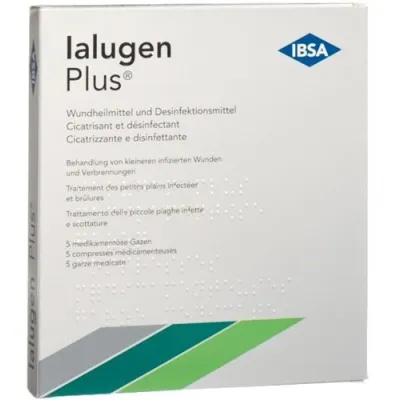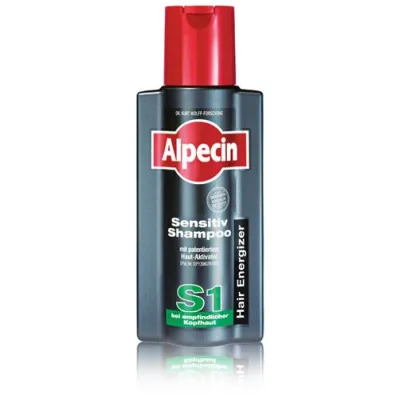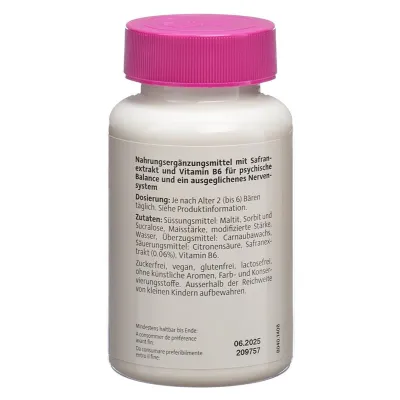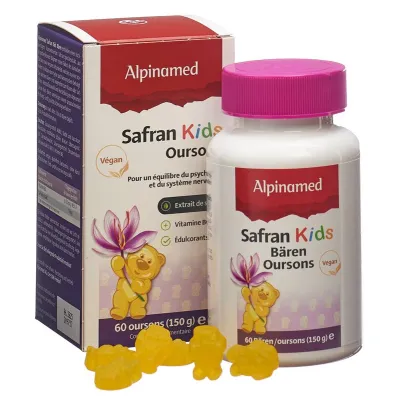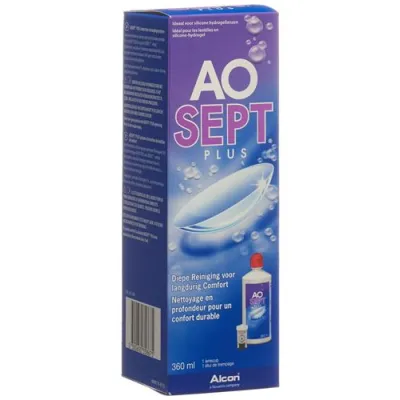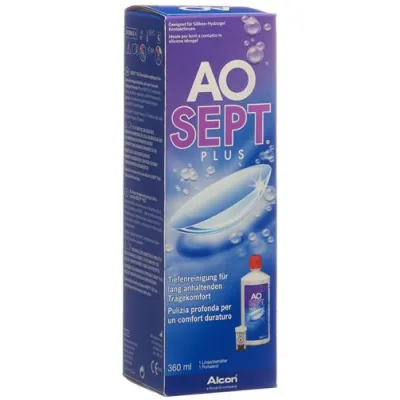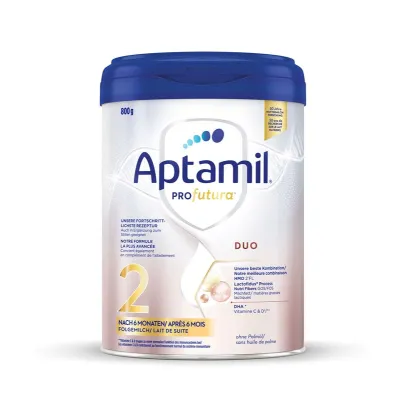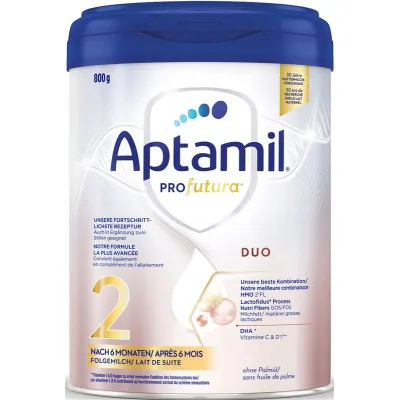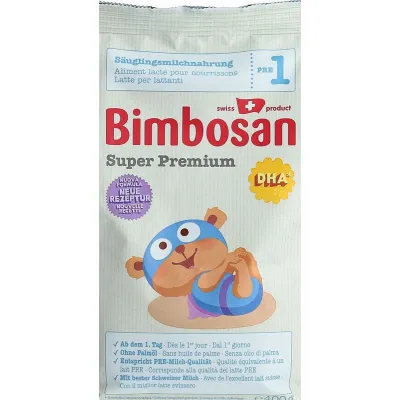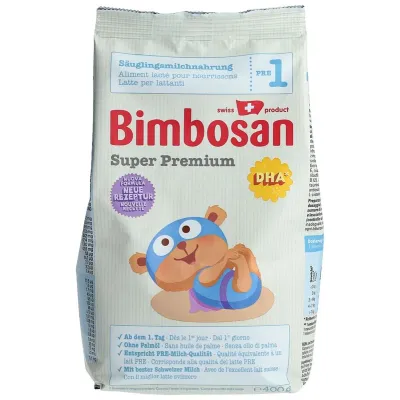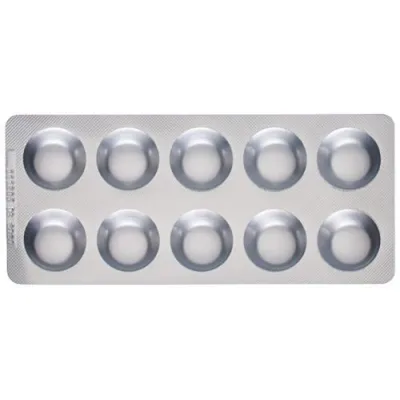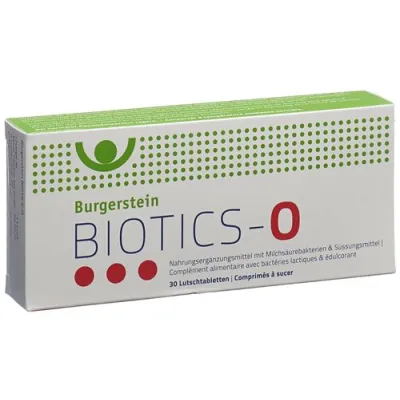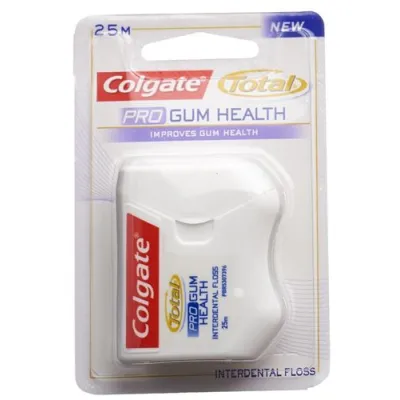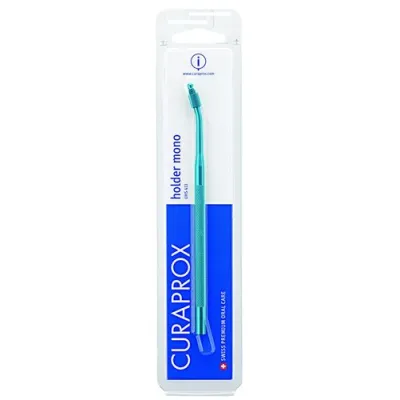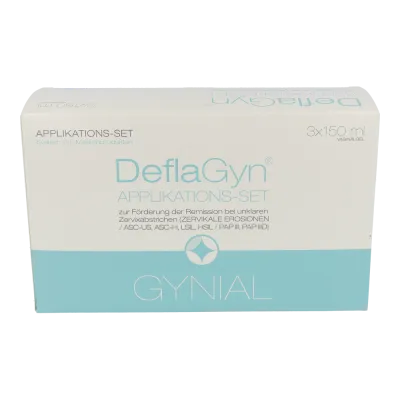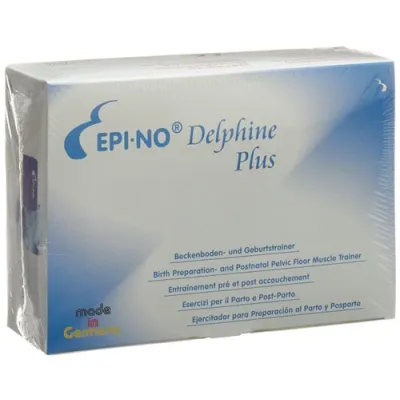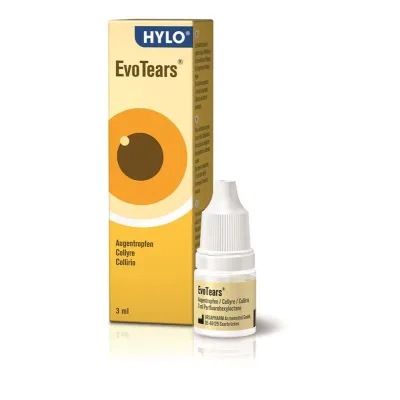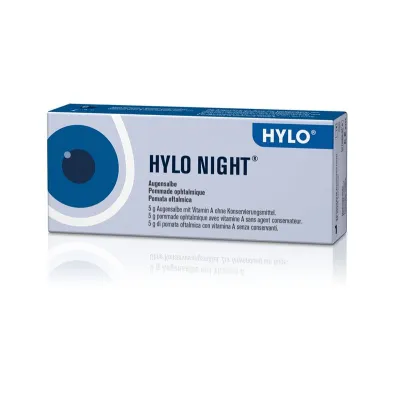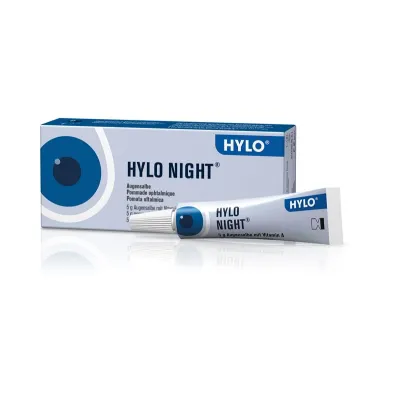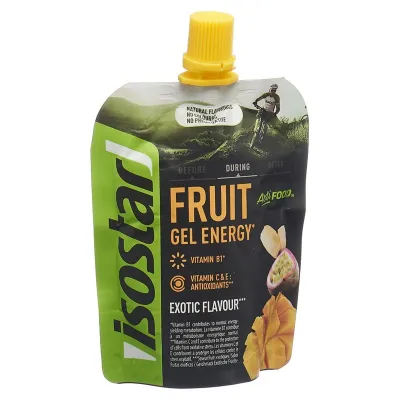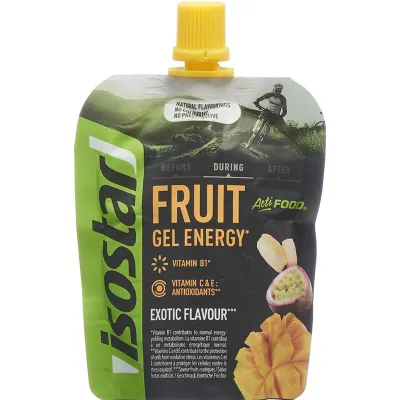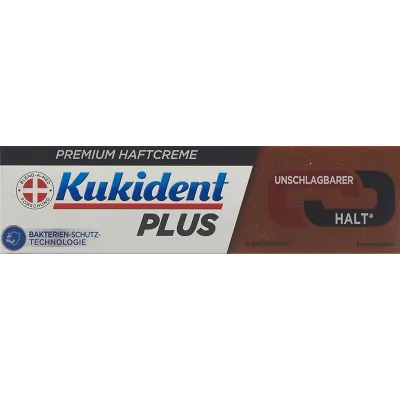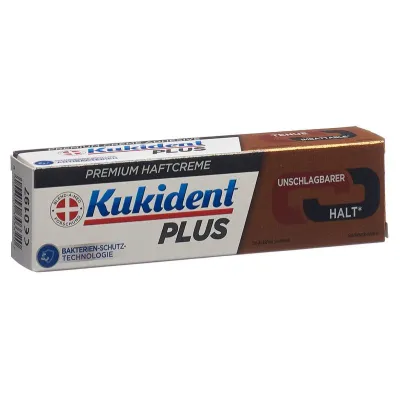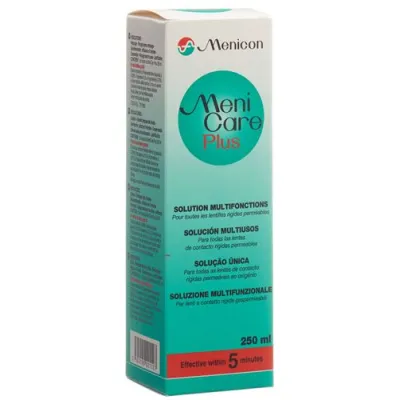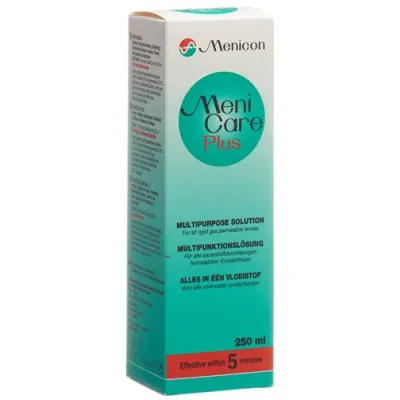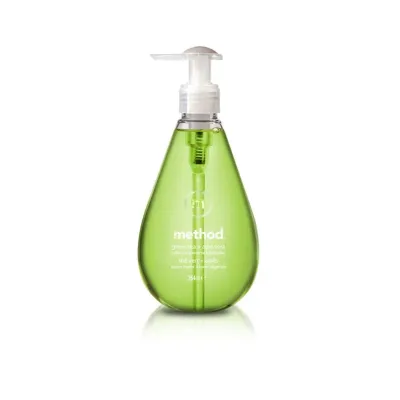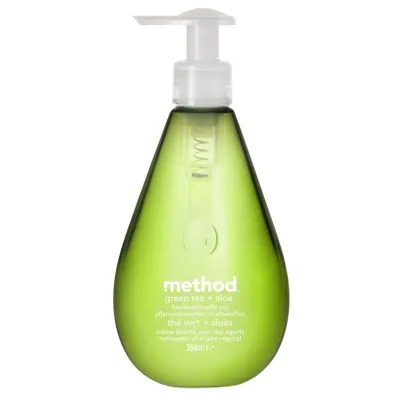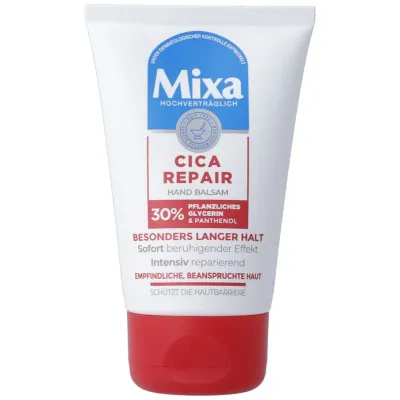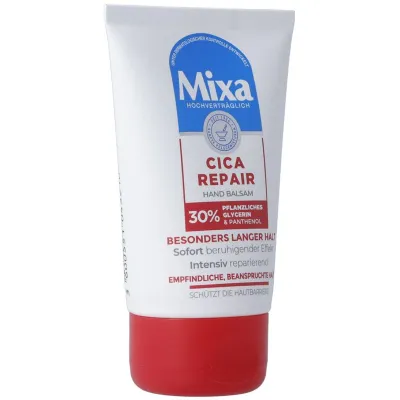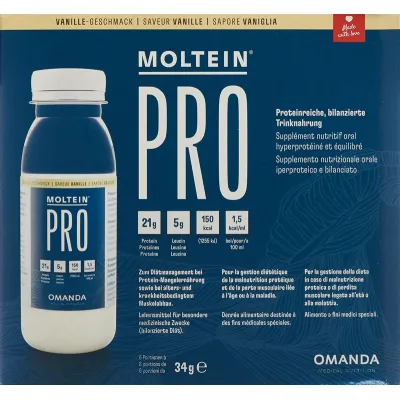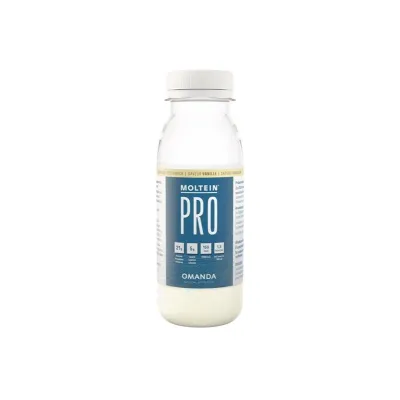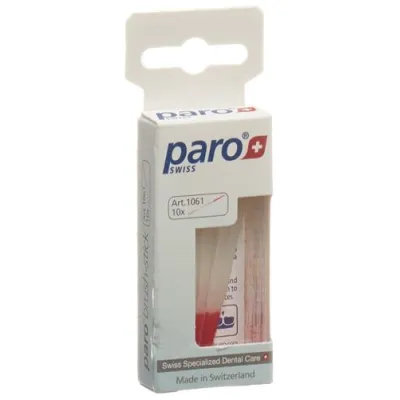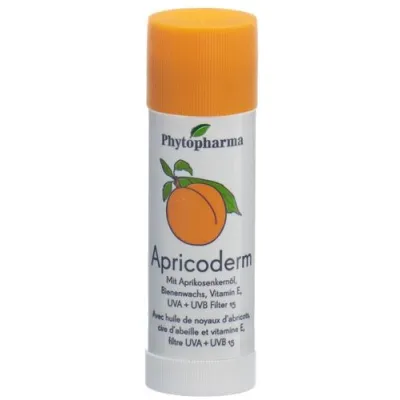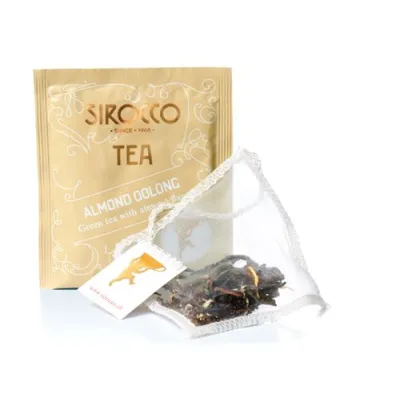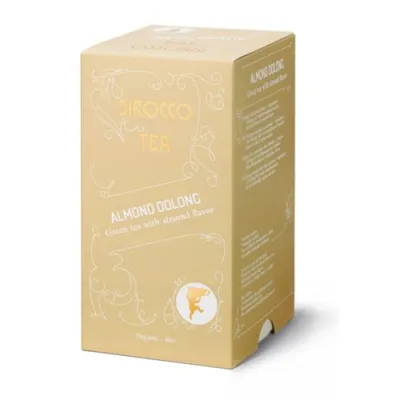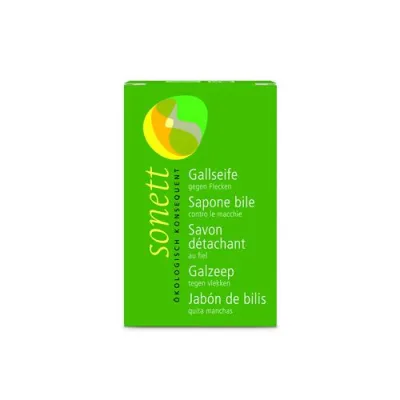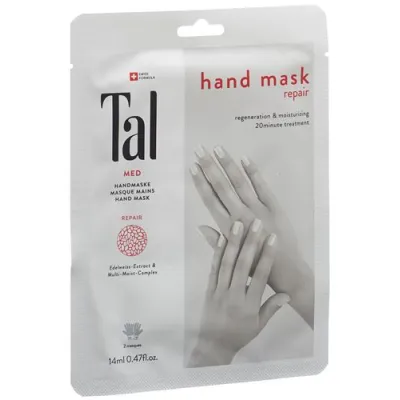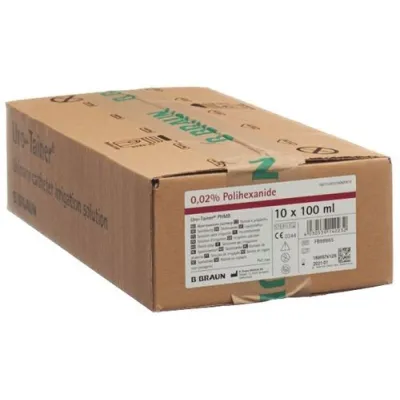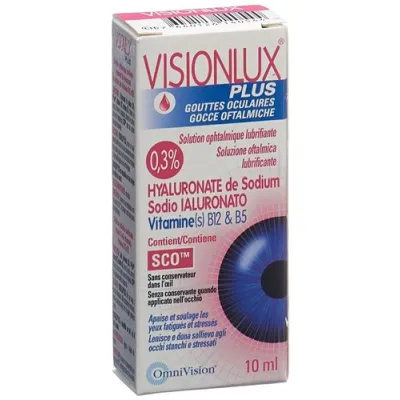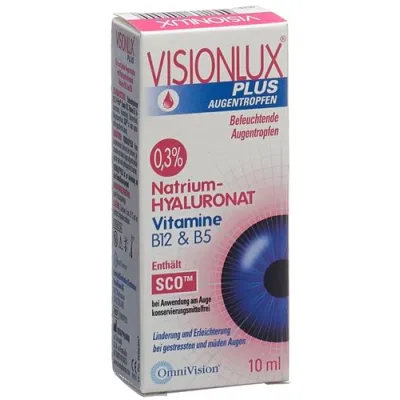Dermatological
(8 Pages)
Refine Search
Lifo-Scrub washing lotion Fl 100 ml
Lifo-Scrub is a liquid soap that is used for disinfecting, hygienic hand washing. Lifo-Scrub is only..
20.25 USD
Fenivir Cream tube 2g
What are Fenivir cream and tinted cream and when are they used? Fenivir cream and tinted cream are u..
39.96 USD
Deumavan Neutral protective ointment tube 125 ml
Deumavan Intimate Neutral Protective Ointment Tb 125 ml The Deumavan Intimate Neutral Protective Oi..
43.40 USD
Daktarin Cream 20mg/g tube 30g
What is Daktarin and when is it used? Daktarin Cream is used to treat skin infections caused by fung..
56.06 USD
Benzac 5 Gel 50mg/g TB 60g
Benzac is a topical acne treatment. As an active ingredient it contains benzoyl peroxide, which play..
26.75 USD
antidry bath oily solution 200 ml
What is Antidry bath and when is it used? Antidry bath with skin-friendly almond oil and paraffin oi..
25.09 USD
Wound ointment Widmer tube 20 g
AMZV What is Widmer wound ointment and when is it used? Due to the silver, Widmer wound ointment has..
28.64 USD
Squa-Med Medicinal Shampoo pH 5 bottle 60 ml
Squa-med is a medicinal shampoo with two substances that complement each other's effects: Zinc pyrit..
22.17 USD
Selomida Skin powder 30 Bags 7.5 g
When is Selomida skin used? Selomida® skin is a homeopathically manufactured drug that is based on t..
90.11 USD
Rogaine Topical Solution 5% Fl 60ml
Regaine 5% solution is a topical hair restorer that contains the active ingredient Minoxidil. Regain..
146.95 USD
Pevaryl Pdr DS 30g
Pevaryl is a medicine that kills fungi that affect the skin, such as athlete's foot, fungus in the g..
18.82 USD
Perskindol Cool Gel tube 100ml
What is Perskindol Cool and when is it used? Perskindol Cool is an externally applied medicinal prod..
26.09 USD
Lamisil Cream 1% tube 15g
Lamisil cream is a medicine for the treatment of fungal infections of the skin caused by filamentous..
54.22 USD
Ichtholan ointment 50% tube 40 g
What is Ichtholan 10%, 20%, 50% Ointment and when is it used?Ichtholan Ointment contains Ichthammolu..
68.31 USD
Ialugen Plus medical gauze 10x10cm 5 pcs
Ialugen Plus contains the active ingredient sodium hyaluronate, a natural substance that accelerates..
34.80 USD
(8 Pages)
Bestsellers
Acne is a common skin condition that affects people of all ages, particularly teenagers and young adults. It is caused by the overproduction of sebum, an oily substance that clogs the pores, leading to inflammation and the development of pimples, blackheads, and whiteheads. There are several types of acne preparations and ointments that can be used to treat this condition.
Ointments with antibiotics against acne are a common treatment option. These ointments contain antibiotics, such as clindamycin or erythromycin, which help to reduce the bacteria that cause acne. They are often used in combination with other acne medications, such as benzoyl peroxide, to help control acne breakouts.
Antimicrobial and antiseptic agents for problem skin are also used in the treatment of acne. These agents include topical solutions containing tea tree oil, which has natural antiseptic properties, and benzoyl peroxide, which helps to unclog pores and reduce inflammation. Salicylic acid is another common ingredient in acne preparations, which helps to exfoliate the skin and unclog pores.
Ointments used in the treatment of skin allergies are also useful for treating acne. These ointments contain corticosteroids, which help to reduce inflammation and irritation of the skin. They are particularly effective for treating acne that is accompanied by redness and swelling.
Retinoids are another class of medications used to treat acne. These medications are derived from vitamin A and work by reducing the production of sebum and promoting cell turnover, which helps to prevent the formation of new pimples. Retinoids can be used topically or orally, and include medications such as tretinoin, adapalene, and isotretinoin.
In addition to topical treatments, lifestyle changes can also help to prevent and manage acne. These include washing the face twice a day with a gentle cleanser, avoiding touching the face, avoiding oily and greasy foods, and using non-comedogenic skincare and makeup products.
In conclusion, there are several types of acne preparations and ointments that can be used to treat acne. These include ointments with antibiotics against acne, antimicrobial and antiseptic agents for problem skin, ointments used in the treatment of skin allergies, and retinoids. It is important to work closely with a healthcare provider to develop a comprehensive treatment plan for managing acne and preventing future breakouts.

